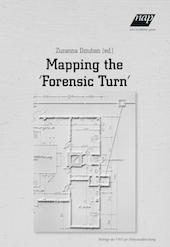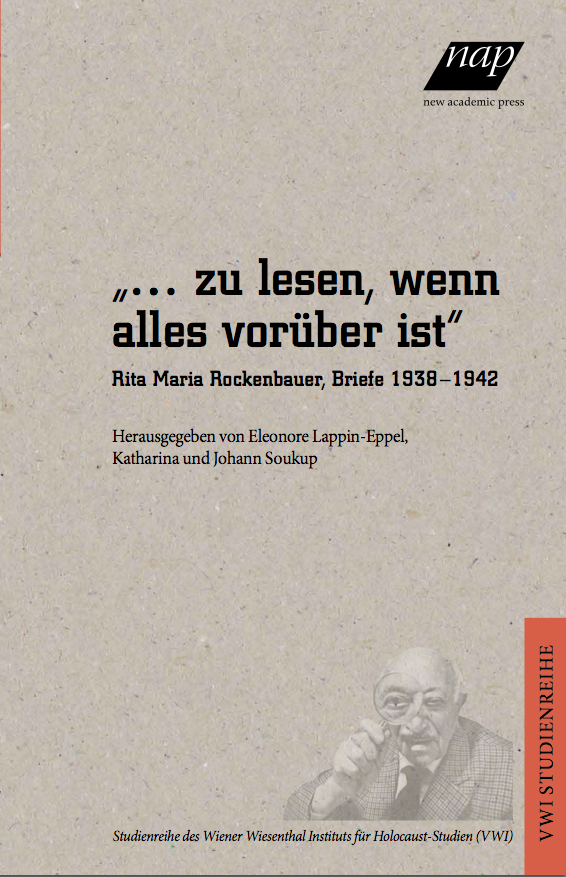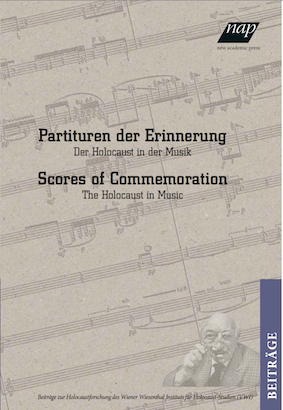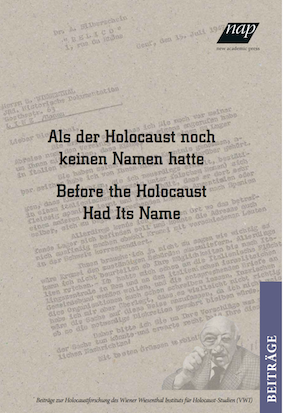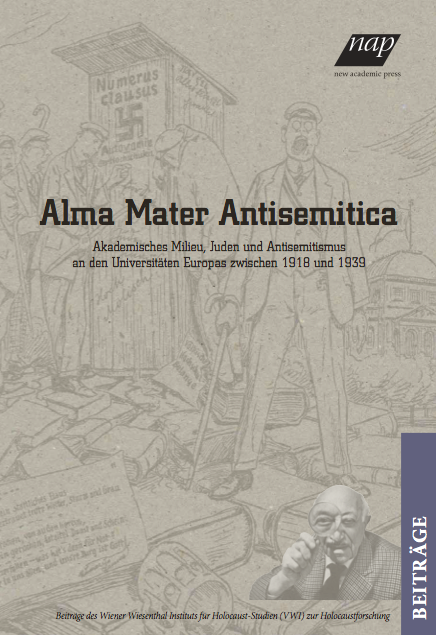 This article looks at the production of autobiography and imposture as survival techniques during the Second World War in Croatia. Focusing on the petitions of Jewish and Serb citizens wrote to the Jewish Section of the Ustaša Police Directorate and the State Directorate for Reconstruction the article considers the various ways in which Serb and Jewish letter writers who had been placed outside the law in wartime Croatia by the Ustaša regime used a variety of discourse and linguistic markers as well as the generation of idealised biographies in which they identified themselves as Croats in an attempt to escape deportation, ghettoization or stigmatisation and to write themselves into state ideology by asserting their difference from other members of their persecuted community. The article also explores the various ways in which victims who had survived by making compromises with the Ustaša regime sought to rewrite their biographies in the post-war period to identify themselves with the new socialist orthodoxies in the face of the threat of nation-wide campaigns of unmasking and ideological purification. Using Christa Wolf’s novel The Quest for Christa T. as a frame, it asks how much the historian can ever really know about the biographies of individuals, especially those who have felt the need to reconstruct their lives after traumatic events. At the same time it argues that in addition to the important insight these kinds of microanalysis can provide on everyday life and survival in wartime Europe during the Holocaust, they also bring ambiguity to seemingly distinct historiographical categories such as resistance and collaboration and force us, the readers, to confront our own subjectivity through reading their autobiographical petitions.
This article looks at the production of autobiography and imposture as survival techniques during the Second World War in Croatia. Focusing on the petitions of Jewish and Serb citizens wrote to the Jewish Section of the Ustaša Police Directorate and the State Directorate for Reconstruction the article considers the various ways in which Serb and Jewish letter writers who had been placed outside the law in wartime Croatia by the Ustaša regime used a variety of discourse and linguistic markers as well as the generation of idealised biographies in which they identified themselves as Croats in an attempt to escape deportation, ghettoization or stigmatisation and to write themselves into state ideology by asserting their difference from other members of their persecuted community. The article also explores the various ways in which victims who had survived by making compromises with the Ustaša regime sought to rewrite their biographies in the post-war period to identify themselves with the new socialist orthodoxies in the face of the threat of nation-wide campaigns of unmasking and ideological purification. Using Christa Wolf’s novel The Quest for Christa T. as a frame, it asks how much the historian can ever really know about the biographies of individuals, especially those who have felt the need to reconstruct their lives after traumatic events. At the same time it argues that in addition to the important insight these kinds of microanalysis can provide on everyday life and survival in wartime Europe during the Holocaust, they also bring ambiguity to seemingly distinct historiographical categories such as resistance and collaboration and force us, the readers, to confront our own subjectivity through reading their autobiographical petitions.
Editorial
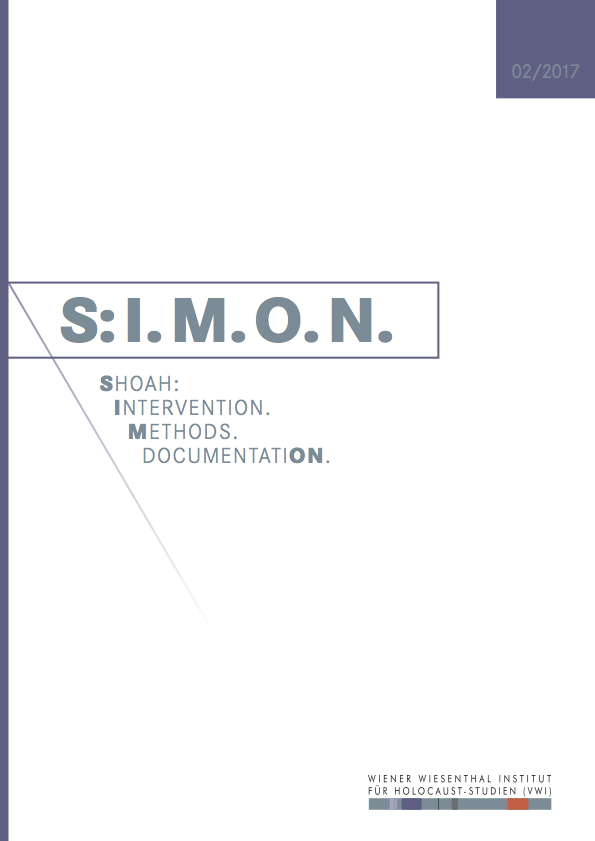 S:I.M.O.N. is an e-journal of the Vienna Wiesenthal Institute for Holocaust Studies (VWI). It appears twice a year in English and German language. S:I.M.O.N. aims at both a transnational and comparative history of the Holocaust and Jewish Studies in Central and Eastern Europe within the broader contexts of the European history of the 20th and 21st century, including its prehistory, consequences and legacies as well as the history of memory.
S:I.M.O.N. is an e-journal of the Vienna Wiesenthal Institute for Holocaust Studies (VWI). It appears twice a year in English and German language. S:I.M.O.N. aims at both a transnational and comparative history of the Holocaust and Jewish Studies in Central and Eastern Europe within the broader contexts of the European history of the 20th and 21st century, including its prehistory, consequences and legacies as well as the history of memory.
S:I.M.O.N. serves as a forum for discussion of various methodological approaches. The journal especially wishes to strengthen the exchange between researchers from different scientific communities and to integrate both the Jewish history and the history of the Holocaust into the different “national” narratives. It also lays a special emphasis on memory studies and the analysis of politics of memory. S:I.M.O.N. uses a double-blind review system, which means that both the reviewer’s and the author’s identities are concealed from each other hroughout the review process.
Shoah: The journal deals with the history of the Shoah from multidisciplinary, transnational and comparative perspectives. It seeks to integrate studies on Jews as well as on other groups of victims of the Holocaust, especially on Roma, and of so far less researched regions of (East) Central and (South) Eastern Europe.
Intervention. The journal reports on research projects and their transmission into public events. It also informs about current educational and remembrance programs.
Methods. The journal serves as a forum for the discussion of methodological approaches as, for instance, the everyday history, oral history, gender history, the history of violence, anti-Semitism and racism and the theory of memory and memory politics.
DocumentatiON. The journal contributes to critical approaches on using and interpreting archival materials in the 21st century.
Download the current issue S:I.M.O.N. 2017/2.
Articles
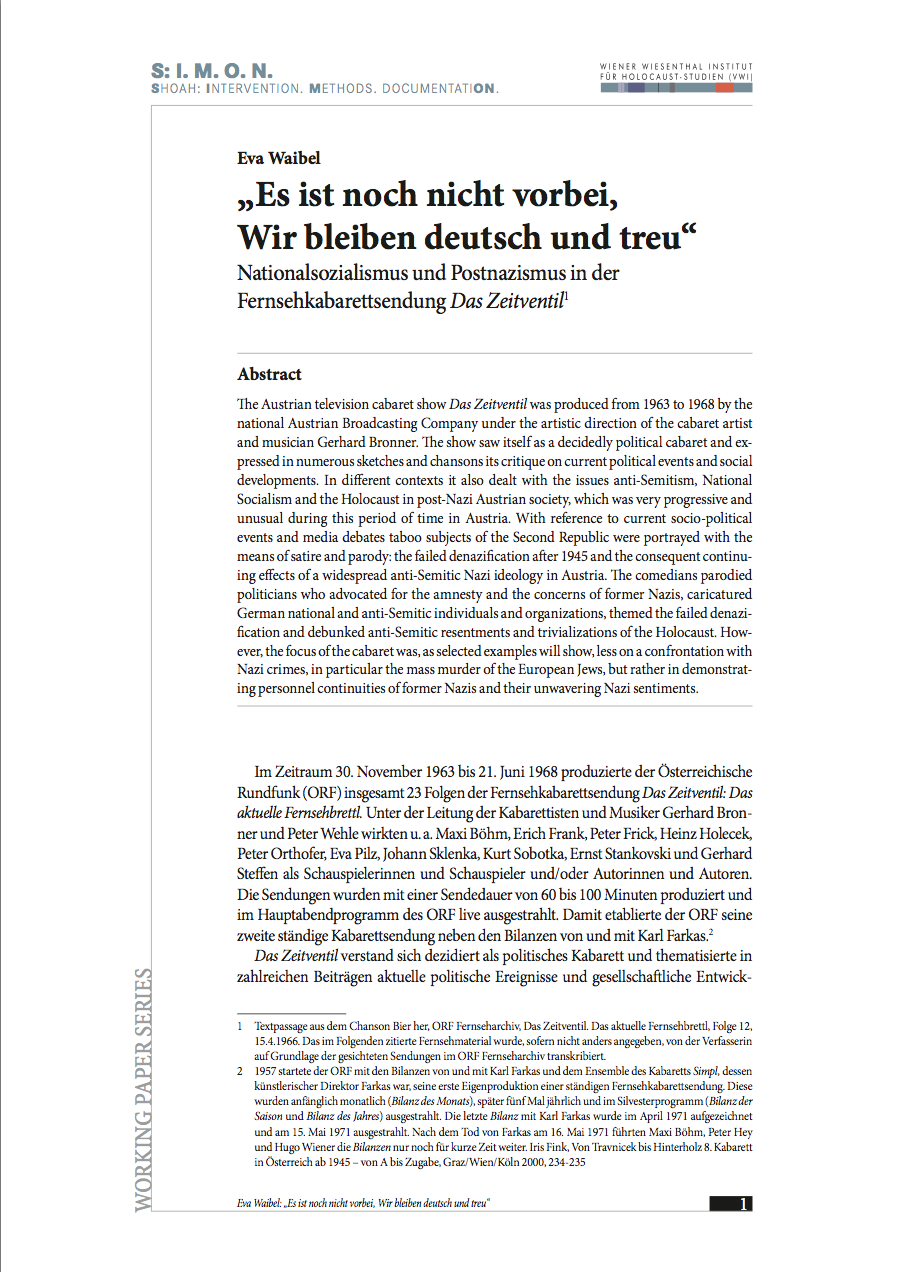 The Austrian television cabaret show Das Zeitventil was produced from 1963 to 1968 by the national Austrian Broadcasting Company under the artistic direction of the cabaret artist and musician Gerhard Bronner. The show saw itself as a decidedly political cabaret and expressed in numerous sketches and chansons its critique on current political events and social developments. In different contexts it also dealt with the issues antisemitism, National Socialism and the Holocaust in post-Nazi Austrian society, which was very progressive and unusual during this period of time in Austria. With reference to current socio-political events and media debates taboo subjects of the Second Republic were portrayed with the means of satire and parody: the failed denazification after 1945 and the consequent continuing effects of a widespread antisemitic Nazi ideology in Austria. The comedians parodied politicians who advocated for the amnesty and the concerns of former Nazis, caricatured German national and antisemitic individuals and organizations, themed the failed denazification and debunked antisemitic resentments and trivialisations of the Holocaust. However, the focus of the cabaret was, as selected examples will show, less on a confrontation with Nazi crimes, in particular the mass murder of the European Jews, but rather in demonstrating personnel continuities of former Nazis and their unwavering Nazi sentiments.
The Austrian television cabaret show Das Zeitventil was produced from 1963 to 1968 by the national Austrian Broadcasting Company under the artistic direction of the cabaret artist and musician Gerhard Bronner. The show saw itself as a decidedly political cabaret and expressed in numerous sketches and chansons its critique on current political events and social developments. In different contexts it also dealt with the issues antisemitism, National Socialism and the Holocaust in post-Nazi Austrian society, which was very progressive and unusual during this period of time in Austria. With reference to current socio-political events and media debates taboo subjects of the Second Republic were portrayed with the means of satire and parody: the failed denazification after 1945 and the consequent continuing effects of a widespread antisemitic Nazi ideology in Austria. The comedians parodied politicians who advocated for the amnesty and the concerns of former Nazis, caricatured German national and antisemitic individuals and organizations, themed the failed denazification and debunked antisemitic resentments and trivialisations of the Holocaust. However, the focus of the cabaret was, as selected examples will show, less on a confrontation with Nazi crimes, in particular the mass murder of the European Jews, but rather in demonstrating personnel continuities of former Nazis and their unwavering Nazi sentiments.
SWL-Reader
Marianne Hirsch/Leo Spitzer
Spaziergang in der Herrengasse. Straßenfotos aus dem jüdischen Czernowitz
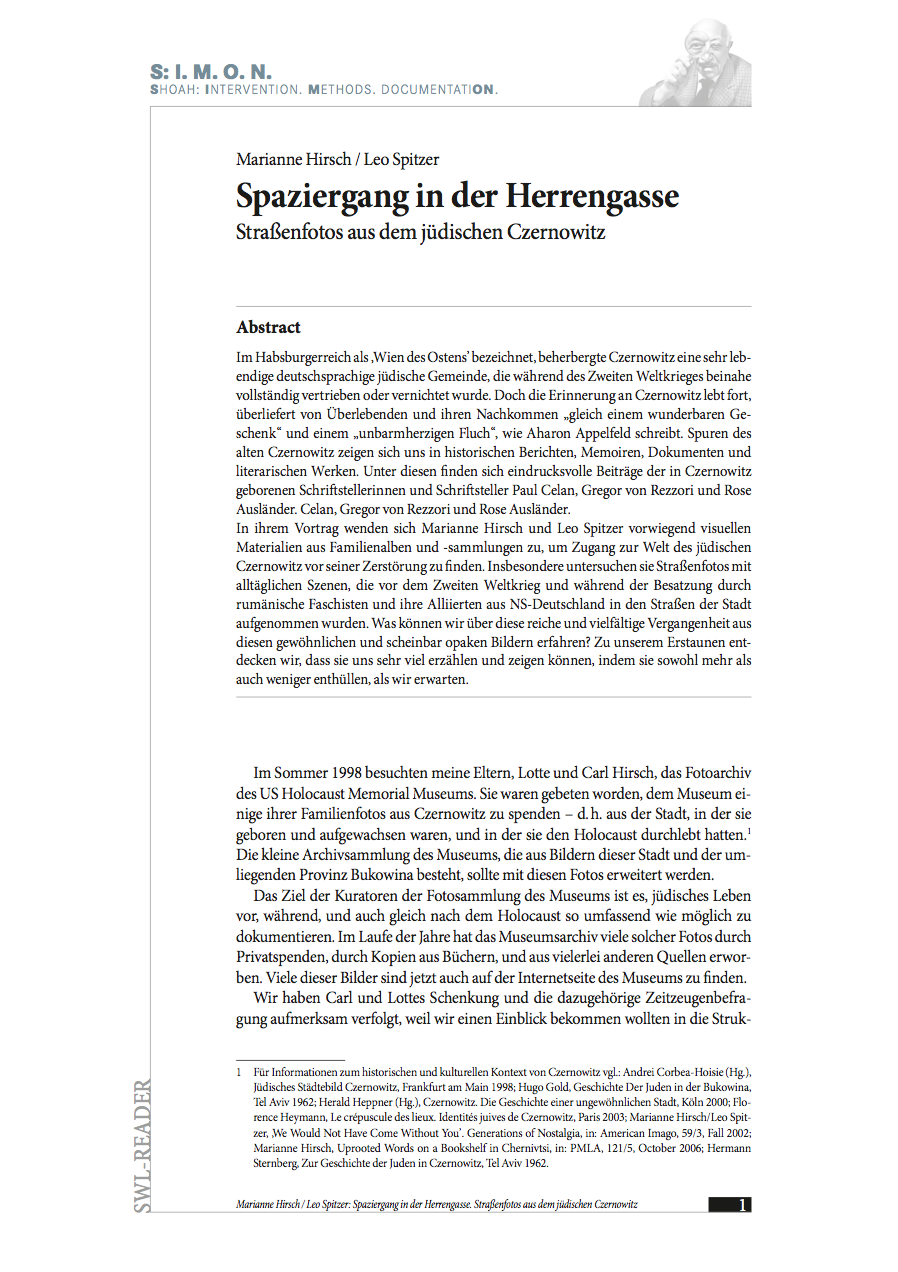 Czernowitz was the Habsburg Empire's „Vienna of the East“; it had a lively German-speaking Jewish community, almost all of whom were persecuted or murdered during the time of the Second World War. Yet the memory of Cernowitz lives on, passed on as it is by survivors and their descendants “like a wonderful present“ and a „relentless curse“, as noted by Aharon Appelfeld. We find evidence of old Cernowitz in historical reports, memoirs, documents and literary works. These include impressive contributions by Cernowitz-born writers.
Czernowitz was the Habsburg Empire's „Vienna of the East“; it had a lively German-speaking Jewish community, almost all of whom were persecuted or murdered during the time of the Second World War. Yet the memory of Cernowitz lives on, passed on as it is by survivors and their descendants “like a wonderful present“ and a „relentless curse“, as noted by Aharon Appelfeld. We find evidence of old Cernowitz in historical reports, memoirs, documents and literary works. These include impressive contributions by Cernowitz-born writers.
In their lecture, Marianne Hirsch and Leo Spitzer focussed primarily on materials from family albums and collections in order to tap into the world of Jewish Cernowitz before its destruction. In particular, they analysed street photographs depicting daily life which had been taken on the city's streets before the Second World War and during the occupation by Romanian fascists and their allies from Nazi Germany. What do these ordinary and apparently opaque images tell us about the rich and diverse past? We were astonished to discover that they tell and show us a lot in that they reveal both more and less than we had expected.
Events
Zoltán Halasi
Duschehubka
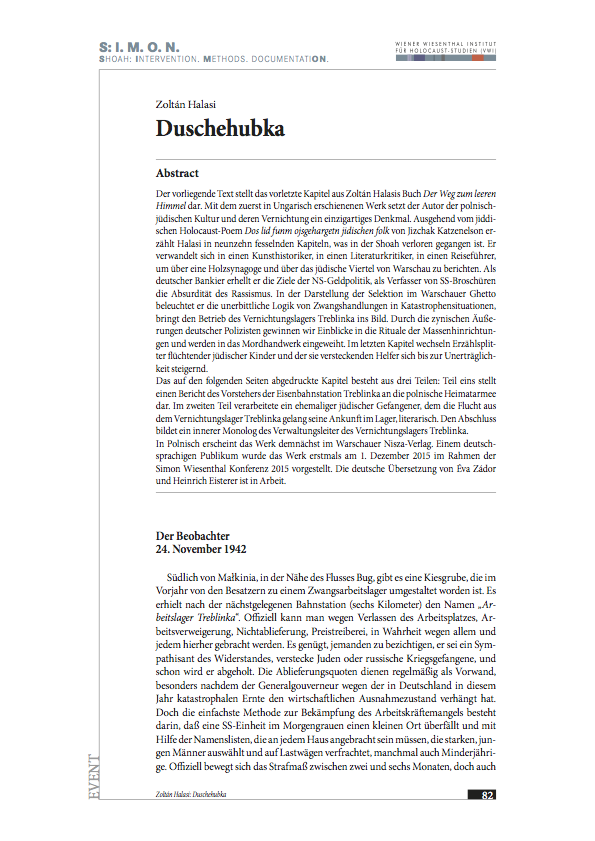 This text is the penultimate chapter of Zoltán Halasi's book Út az üres éghez (Road to an Empty Sky). With this work, which was first published in Hungarian, the author created a singular memorial to Polish-Jewish culture and its destruction. Setting out from the Yiddish Holocaust poem Dos lid funm ojsgehargetn jidischen folk by Itzhak Katzenelson, Halasi records what was lost in the Shoah in the course of nineteen compelling chapters. He takes on the grab of an art historian, a literary critic and a travel guide when he reports about a wooden synagogue and the Jewish quarter in Warsaw. In the role of a German banker, he illuminates the aims of the Nazi monetary policies, as a writer of SS brochures he highlights the absurdity of racism. Depicting a Selektion in the Warsaw ghetto, he shows the grim logic of compulsive acts in catastrophic situations, draws an image of the running of the extermination camp Treblinka. The cynical words of two German policemen provide an insight into the rituals of mass executions and introduce us to the craft of murder. The final chapter is an interplay of slithers of narrative by Jewish children on the run and by those who helped and hid them that borders on the unbearable.
This text is the penultimate chapter of Zoltán Halasi's book Út az üres éghez (Road to an Empty Sky). With this work, which was first published in Hungarian, the author created a singular memorial to Polish-Jewish culture and its destruction. Setting out from the Yiddish Holocaust poem Dos lid funm ojsgehargetn jidischen folk by Itzhak Katzenelson, Halasi records what was lost in the Shoah in the course of nineteen compelling chapters. He takes on the grab of an art historian, a literary critic and a travel guide when he reports about a wooden synagogue and the Jewish quarter in Warsaw. In the role of a German banker, he illuminates the aims of the Nazi monetary policies, as a writer of SS brochures he highlights the absurdity of racism. Depicting a Selektion in the Warsaw ghetto, he shows the grim logic of compulsive acts in catastrophic situations, draws an image of the running of the extermination camp Treblinka. The cynical words of two German policemen provide an insight into the rituals of mass executions and introduce us to the craft of murder. The final chapter is an interplay of slithers of narrative by Jewish children on the run and by those who helped and hid them that borders on the unbearable.
The chapter reproduced on the following pages has three parts: Part one is a Treblinka railway station master's report to the Polish Home Army. In the second part, a former Jewish detainee who managed to escape from the extermination camp Treblinka gives a literary treatment of his arrival at the camp. The final part consists of an inner monologue by the Treblinka extermination camp's director of administration.
The book will shortly be published in Polish at the Nisza publishing company in Warsaw. The German-speaking public was first presented with the work on December 1, 2015 at the Simon Wiesenthal Conference 2015. The German translation by Éva Zádor and Heinrich Eisterer is in progress.
Rory Yeomans: In Search of Myself. Autobiography, Imposture, and Survival in Wartime Croatia
„... zu lesen, wenn alles vorüber ist“
Rita Maria Rockenbauer, Briefe 1938 –1942
Wien 2014
Partituren der Erinnerung.
Der Holocaust in der Musik
Scores of Commemoration.
The Holocaust in Music
Wien 2015
Before the Holocaust Had Its Name. Early Confrontations of the Nazi Mass Murder of the Jews
Wien 2016
Akademisches Milieu, Juden und Antisemitismus an den Universitäten Europas zwischen 1918 und 1939
Academic Milieu, Jews and Antisemitism at European Universities between 1918 and 1939
Wien 2016


